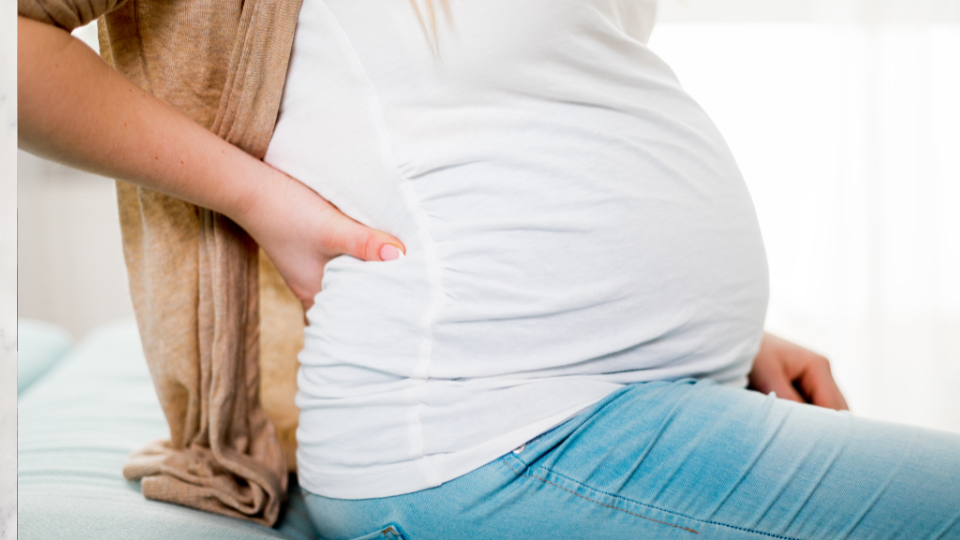Drinking Soda During Pregnancy: Safety and Alternatives
Pregnancy brings about numerous dietary considerations, and one common question is whether it’s safe to consume soda. This article explores the safety of drinking soda during pregnancy, its potential risks, and healthier alternatives.
Safety of Drinking Soda During Pregnancy
Caffeine Content: Many sodas contain caffeine, which can affect fetal development. High caffeine intake is linked to an increased risk of miscarriage and preterm birth. It’s advisable to limit caffeine intake to 200-300 mg per day, which includes all sources like soda, coffee, and tea.
Sugar and Artificial Sweeteners: Regular sodas are high in sugar, contributing to excessive weight gain and gestational diabetes. Diet sodas, while free of sugar, often contain artificial sweeteners whose long-term effects on pregnancy are not fully understood. Some studies suggest potential risks, so moderation is key.
You May Read: Vitamin B6 for Morning Sickness: Is It Safe During Pregnancy?
Nutritional Value: Soda provides no essential nutrients and can displace more nutritious options in your diet, potentially leading to deficiencies. Nutrient-rich beverages like water, milk, and 100% fruit juices are better choices for both maternal and fetal health.
Safety of Drinking Soda During Pregnancy by Trimester
First Trimester: During the first trimester, it’s crucial to be cautious with caffeine and sugar intake. Soda often contains caffeine and high levels of sugar, which can contribute to nausea and may increase the risk of miscarriage if consumed excessively. It’s advisable to limit or avoid soda during this time and focus on hydrating with water or herbal teas.
Second Trimester: In the second trimester, the risks associated with excessive caffeine and sugar remain. Regular consumption of soda can contribute to gestational diabetes and excessive weight gain. While moderate consumption might be less risky, it’s still important to consider healthier alternatives to ensure both maternal and fetal health.
Third Trimester: By the third trimester, managing weight and blood sugar levels becomes increasingly important. Soda, with its high sugar content and potential caffeine, can exacerbate issues such as gestational diabetes and unnecessary weight gain. It’s best to minimize soda intake and opt for more nutritious beverages to support overall health and fetal development.
Healthier Alternatives
Water: The best and most essential beverage during pregnancy. It keeps you hydrated and supports overall health. Adding a slice of lemon or cucumber can enhance flavor without added sugars.
Herbal Teas: Herbal teas like ginger or peppermint can be soothing and beneficial. Ensure they are caffeine-free and consult your healthcare provider to avoid any herbs that may not be pregnancy-safe.
Sparkling Water: If you crave the fizz of soda, try sparkling water with a splash of 100% fruit juice. It provides a refreshing alternative without excessive sugars or caffeine.
Milk: Rich in calcium and other vital nutrients, milk supports bone health for both you and your baby. Choose low-fat or fat-free options to avoid excess calories.
Fresh Juices: Opt for 100% fruit juices without added sugars. They offer essential vitamins and can be a nutritious addition to your diet, but consume them in moderation due to their natural sugar content.
You May Read: Fever During Pregnancy: Symptoms, Causes, Treatment, and Home Remedies
Conclusion
While drinking soda occasionally during pregnancy may not pose a significant risk, it’s wise to limit consumption due to its caffeine, sugar, and artificial sweetener content. Opting for healthier alternatives like water, herbal teas, and fresh juices can better support your overall health and the development of your baby. Always consult with your healthcare provider regarding your dietary choices to ensure they align with your individual health needs.






